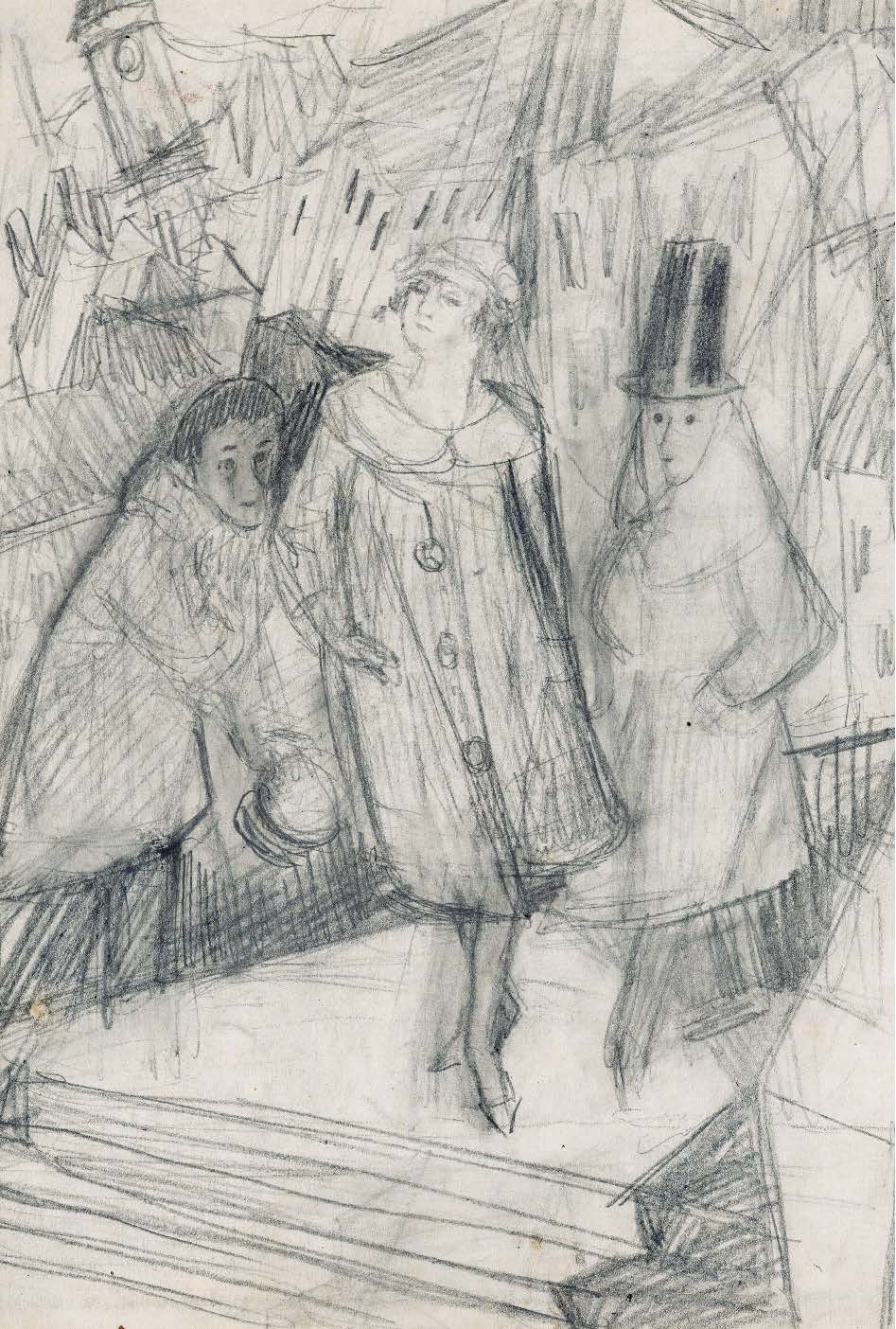Schulz, duchy i meblościanka
Schulz, Ghosts, and a Wall Unit
Author(s): Marcin RomanowskiSubject(s): Cultural history, Comparative Study of Literature, Polish Literature, Transformation Period (1990 - 2010)
Published by: Fundacja Terytoria Książki
Keywords: Bruno Schulz;reception studies;hauntology;PRL (Polish People’s Republic);polish literature;
Summary/Abstract: The paper presents an analysis of the “Schulzoid” novel by Dominika Słowik, Atlas: Döppelganger, which addressed the topic of passing from adolescence to adulthood during the Polish systemic transformation. The author’s starting point is the famous interpretation of Schulz’s fiction by Artur Sandauer in his essay “The Degraded Reality” [Rzeczywistość zdegradowana], based on a claim that Schulz represented in his own way the experience of the decomposition of the known world as a result of the capitalist expansion in the early 20th century. The analysis focuses on the figure of the grandfather and the transformation itself. The former is the central character in the narrator’s mythology of childhood: he keeps telling fascinating stories about life at sea, on the other hand being a fantasist who tries to alleviate his sense of exclusion from the new reality. The systemic transformation has been represented in Słowik’s novel by a series of antinomies as well. The nostalgic and sublime descriptions of the material conditions at the turning point have been combined with the pictures of degradation and trash. Then the novel is placed against the background of the literature of the 1990s, summed up by Olga Drenda’s essay, Duchologia polska. Słowik remembers the material conditions of the period of the systemic transformation and the trashy, though also sentimental, aesthetics of the historical moment when she and other authors of her generation were children. This makes the author of the paper compare their writing with Schulz’s postulate of the return to childhood. Yet in Schulz’s fiction childhood is the source of a private mythology – the images that constitute the writer’s imagination. The writers of the 1990s make a turn toward the reminiscences of childhood to revise critically the myths of the historical turning moment and to articulate their own and their generation’s experience of the transformation.
Journal: Schulz/Forum
- Issue Year: 2019
- Issue No: 13
- Page Range: 86-101
- Page Count: 16
- Language: Polish

